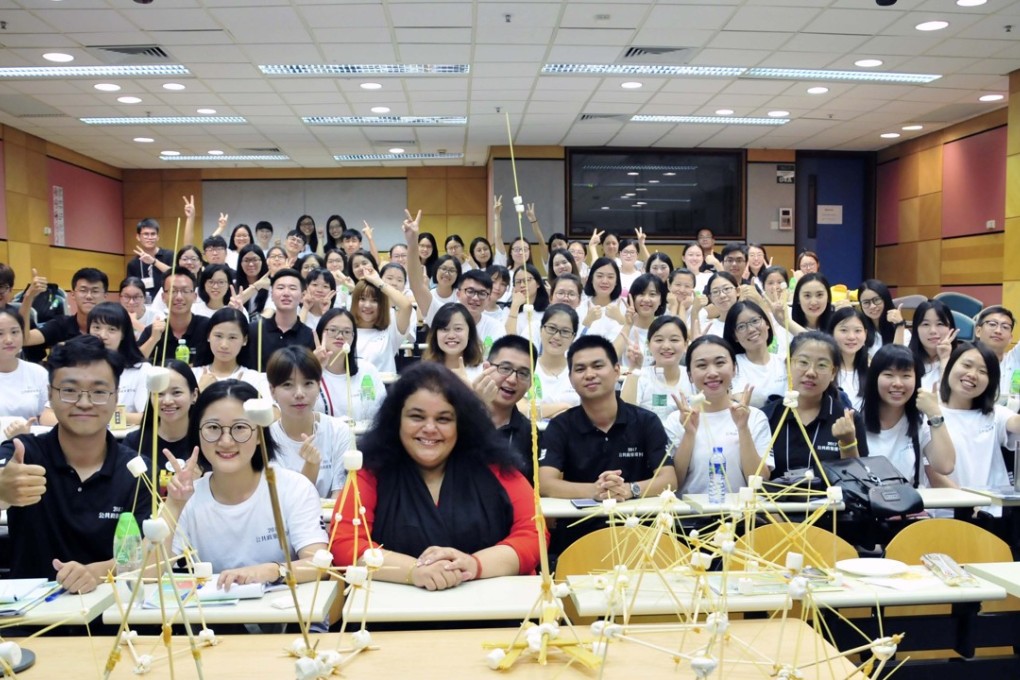Masters in education, public policy and Hong Kong studies meet challenges in a changing world
Programmes in information technology in education, as well as global studies and governance are equipping students with the skills to succeed in a brave new world

In a world in which new technological advances such as driverless cars and artificial intelligence are rapidly evolving, it is vital that our schools receive investment and expertise in educational technology if they are to remain competitive.
Teachers and parents need to keep their tech capabilities up to date to keep up with children and to teach them how to use technology productively and ethically, says Dr Daniel Churchill, associate professor, division of information and technology studies, faculty of education, University of Hong Kong (HKU).
“If you don’t develop our teachers and give us resources, students will see us as not relevant,” he says, adding that, “the problem is that the budget moves slower than technology”.
He also warns that rules need to be established and students need to develop critical literacy skills to handle their unsupervised use of technology and to be able to work out what is true and what is not.
“Not much has been done in this field,” he says.
The programme leader on HKU’s master of science in information technology in education (MITE) course, Churchill works closely with professionals who develop e-learning programmes and devices and design e-learning technologies, or who want to learn more about these specialist areas in order to develop in their career.